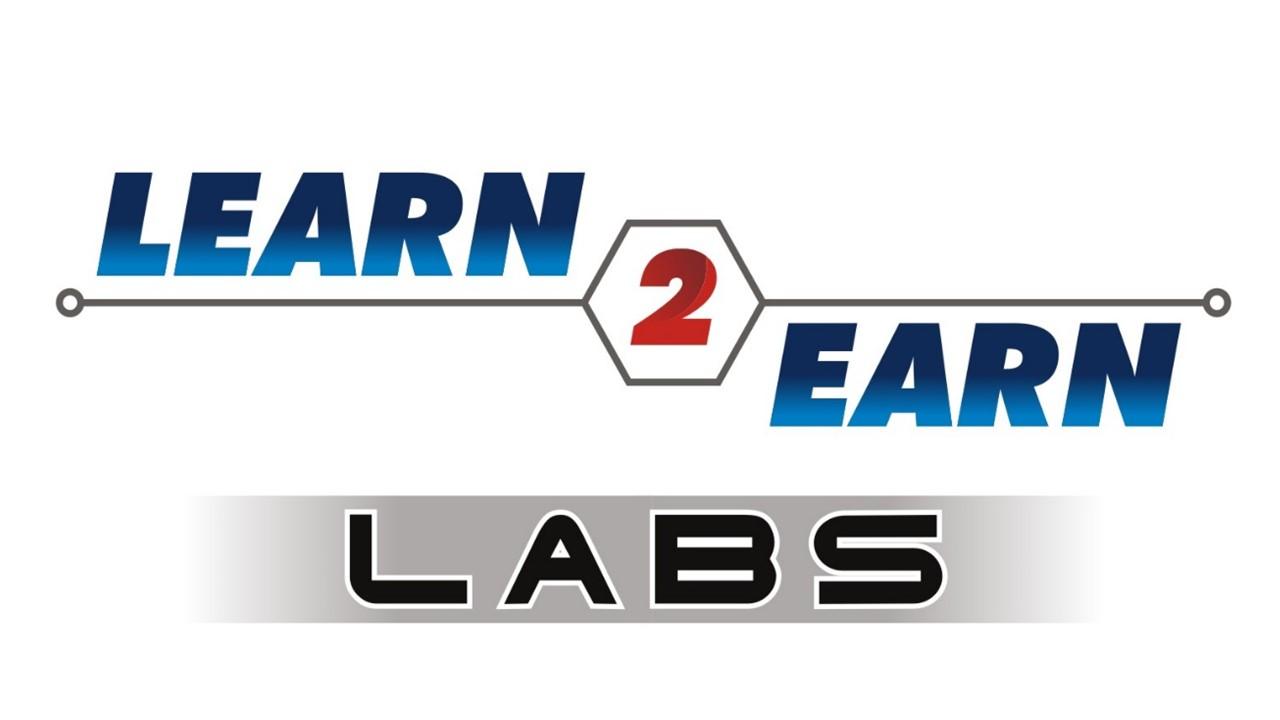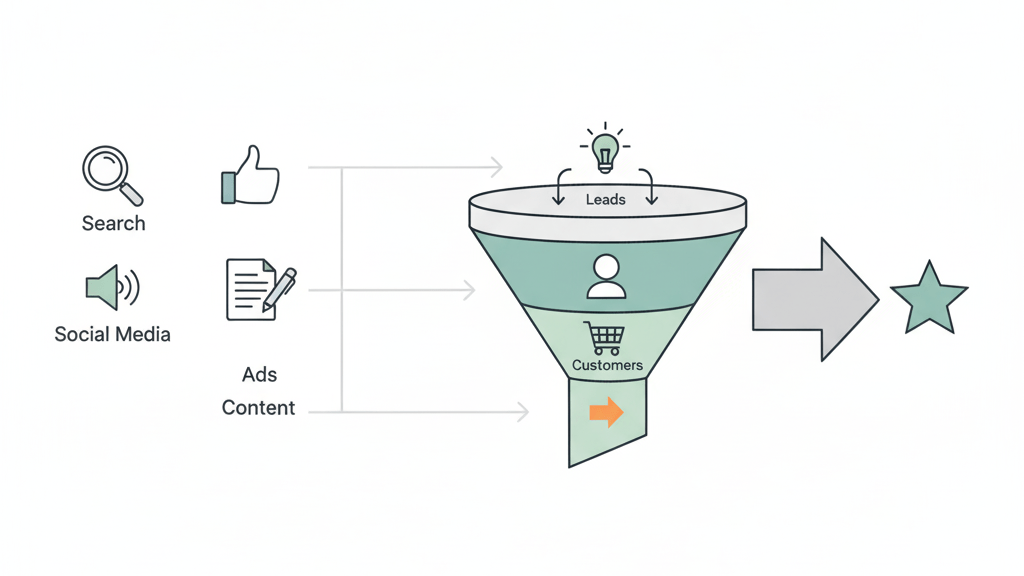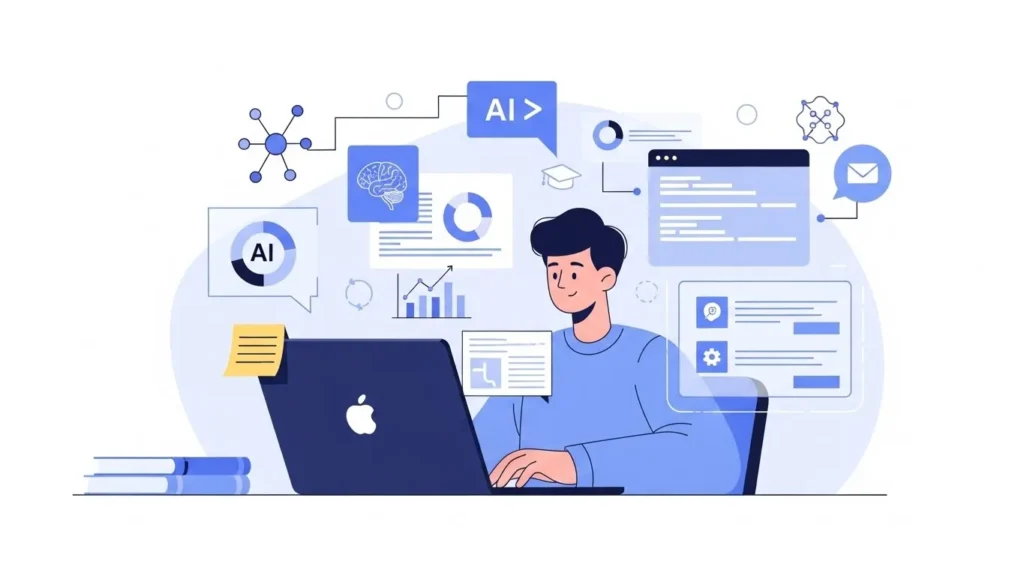Artificial Intelligence – A Boon or A Curse?

Artificial Intelligence, or AI, is like a smart computer program.
It can learn, think, and make decisions just like humans do.
However, AI does this much faster than we can imagine.
Today, AI is everywhere around us. It helps us find videos on YouTube.
It suggests movies on Netflix. Moreover, it even helps doctors treat patients better.
Because of this growing presence, people are asking an important question.
Is AI helping humanity move forward?
Or is it creating new problems for us?
Furthermore, will AI make our lives better or worse in the future?
These questions are becoming more important each day. Therefore, we need to understand both sides of this debate.
Master data skills and boost your career—start your journey today!
Table of Contents
ToggleAI as a Boon – Transforming Lives for the Better
Revolutionizing Healthcare and Medicine
AI is changing healthcare in amazing ways. First, it helps doctors find diseases faster and more accurately. For example, AI can look at X-rays and spot problems that human eyes might miss.
Additionally, AI helps create new medicines. Scientists use AI to test thousands of combinations quickly. This process used to take many years. Now, it happens in months.
One great example is cancer detection. AI systems can find cancer cells earlier than human doctors. As a result, patients get treatment sooner. This early detection saves thousands of lives every year.
Moreover, AI helps plan better treatments for patients. It looks at patient data and suggests the best medicine. Therefore, patients recover faster and feel better.
Enhancing Education and Learning
AI is making education more personal and effective. Every student learns differently. Some learn fast, while others need more time. AI understands this difference.
Furthermore, AI creates special learning plans for each student. It knows which topics a student finds difficult. Then, it gives extra practice in those areas. This way, every student can learn at their own speed.
AI tutors are also helping students a lot. These digital teachers are available 24 hours a day. Students can ask questions anytime they want. Moreover, AI tutors never get tired or impatient.
Additionally, AI helps students with disabilities learn better. For example, it can read text aloud for blind students. It can also convert speech to text for deaf students. Therefore, AI makes education accessible to everyone.
Boosting Business and Economy
Businesses are using AI to work smarter and faster. AI analyzes huge amounts of data in seconds. This helps companies make better decisions quickly.
Moreover, AI automates boring and repetitive tasks. Workers can then focus on creative and important work. As a result, productivity increases significantly.
AI also helps companies save money. It reduces errors and waste. Furthermore, it predicts problems before they happen. Therefore, businesses can fix issues early and save costs.
Online shopping is another area where AI shines. It recommends products that customers actually want to buy. This makes shopping easier for customers. At the same time, it increases sales for businesses.
Supporting Sustainable Development
AI is helping solve environmental problems too. Farmers use AI to grow crops more efficiently. AI tells them when to water plants and how much fertilizer to use. Consequently, this reduces waste and increases crop production.
Climate scientists use AI to predict weather patterns better. This helps people prepare for natural disasters. Moreover, it helps governments make better environmental policies.
AI also helps create clean energy solutions. It makes solar panels and wind turbines more efficient. Furthermore, it helps manage power grids better. Therefore, we can use renewable energy more effectively.
AI as a Curse – The Threats and Risks
Job Displacement and Economic Inequality
However, AI also brings serious concerns. The biggest worry is job loss. AI and robots are replacing human workers in many industries.
Factory workers are losing jobs to AI-powered machines. Moreover, even office workers face this threat. AI can now do data entry, customer service, and basic accounting tasks.
Furthermore, this creates a big problem for society. People without jobs cannot support their families. Additionally, the gap between rich and poor people grows larger. Those who own AI technology become richer. Meanwhile, those who lose jobs become poorer.
Low-skilled workers face the biggest threat. They may not have the education to learn new skills quickly. Therefore, they struggle to find new employment opportunities.
Privacy Violations and Data Misuse
AI systems collect enormous amounts of personal data. They know what we buy, where we go, and who we talk to. Moreover, they even know our personal preferences and habits.
However, this creates serious privacy concerns. Companies can use this data to manipulate our decisions. For example, they can show us ads that influence our buying choices.
Additionally, governments can use AI for surveillance. They can track citizens’ movements and activities. This threatens our freedom and privacy rights.
Deepfakes are another major concern. AI can create fake videos that look completely real. People can use these to spread false information. Moreover, they can damage someone’s reputation unfairly.
Algorithmic Bias and Ethical Concerns
AI systems sometimes make unfair decisions. They can discriminate against certain groups of people. For example, AI might reject job applications from women or minorities.
Moreover, these biases come from the data used to train AI. If the training data has human prejudices, AI learns these prejudices too. Therefore, AI can actually increase discrimination in society.
Additionally, AI decisions are often hard to understand. People don’t know why AI made a particular choice. This lack of transparency creates trust issues. Furthermore, it makes it difficult to fix problems when they occur.
Overdependence and Dehumanization
People are becoming too dependent on AI systems. We rely on GPS for directions. We use AI to write emails and messages. Moreover, we let AI make decisions for us.
However, this overdependence is making us lazy. We are losing our ability to think critically. Furthermore, we are forgetting basic skills that our ancestors had.
AI is also replacing human connections. Chatbots answer customer service calls instead of humans. Moreover, AI tutors teach students instead of human teachers. This reduces meaningful human interaction in our lives.
Additionally, some people prefer talking to AI over talking to other humans. This creates social isolation problems. Therefore, we risk losing our humanity while gaining technology.
Turn data into opportunities. Enroll now and get industry-ready!
AI: Balancing the Boon and the Curse
Responsible AI Development
The key to managing AI lies in responsible development. Technology companies must consider ethics while creating AI systems. They should think about how their products affect society.
Moreover, governments need to work with tech companies. They should create guidelines for safe AI development. Additionally, academic institutions should research AI’s social impacts.
Furthermore, AI developers must be transparent about their systems. People should understand how AI makes decisions. This transparency builds trust and allows for better oversight.
Companies should also test their AI systems for bias and fairness. They must fix problems before releasing products to the public. Therefore, responsible development can minimize AI’s negative impacts.
Regulatory Frameworks and Global Cooperation
Countries around the world are creating AI laws and policies. The European Union has introduced the AI Act. This law regulates how companies can use AI technology.
Moreover, international organizations are working together. The United Nations discusses AI governance regularly. Additionally, the OECD creates guidelines for AI development.
However, global cooperation is essential. AI technology crosses national borders easily. Therefore, countries must work together to create effective regulations.
Furthermore, these regulations should protect people’s rights. They should ensure fair use of AI technology. At the same time, they should not stop beneficial AI innovations.
Conclusion – Which Side Will Prevail?
AI brings both amazing benefits and serious risks. On one hand, it revolutionizes healthcare, education, and business. It helps solve environmental problems and makes life easier.
On the other hand, AI threatens jobs, privacy, and human connections. It can create bias and make people overly dependent on technology.
However, the most important point is this: AI is just a tool. Like any tool, its impact depends on how we use it. A knife can cut vegetables to feed people. The same knife can also hurt someone. Similarly, AI can help or harm humanity.
Therefore, we must be thoughtful about AI adoption. We need proper regulations and ethical guidelines. Moreover, we must ensure that AI benefits everyone, not just a few wealthy companies.
The future of AI depends on the choices we make today. If we develop and use AI responsibly, it will be a great boon for humanity. However, if we ignore the risks, it could become a serious curse.
Ultimately, we have the power to shape AI’s role in our future. Let us use this power wisely to create a better world for everyone.





